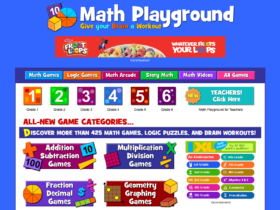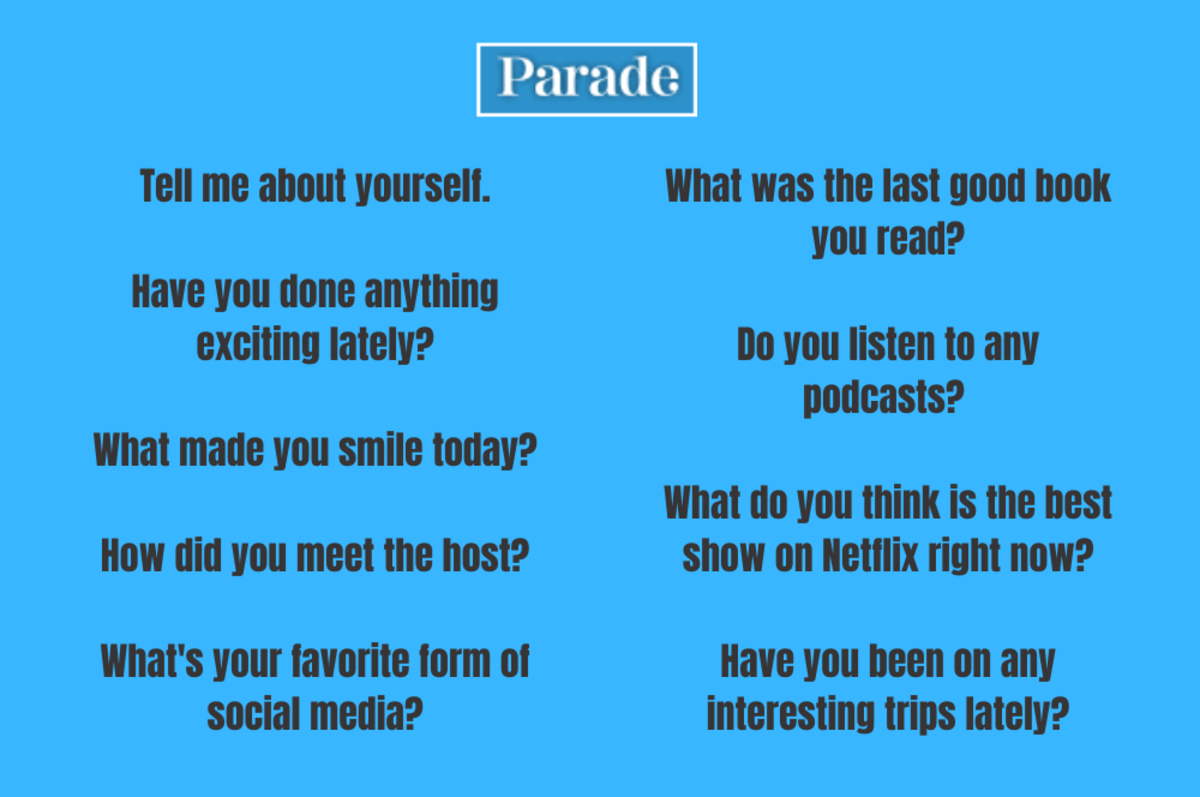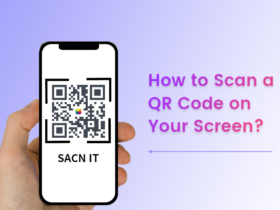In the realm of human interaction, conversation serves as the cornerstone of building relationships, exchanging ideas, and fostering connections. Yet, initiating conversations can often feel daunting, leaving individuals grappling for the right words to spark engagement. This is where the art of conversation starters comes into play. Whether in social settings, professional environments, or casual encounters, mastering the skill of initiating conversations can open doors to new opportunities and enriching experiences. In this article, we delve into the significance of conversation starters, explore various strategies to employ them effectively, and provide practical tips to enhance your conversational prowess.
Understanding the Importance of Conversation Starters
At its essence, a conversation starter is a catalyst for interaction, serving as the initial bridge between individuals. It sets the tone for the ensuing dialogue and establishes a rapport between participants. The significance of conversation starters lies in their ability to break the ice, alleviate tension, and create a welcoming atmosphere conducive to meaningful communication. Whether forging new connections or strengthening existing bonds, adept use of conversation starters can facilitate smoother interactions and foster mutual understanding.
Types of Conversation Starters
Conversation starters come in various forms, each tailored to suit different contexts and objectives. From casual encounters to formal networking events, having an arsenal of conversation starters at your disposal can significantly enhance your communicative abilities. Here are some popular types of conversation starters:
- Open-Ended Questions: These prompts encourage expansive responses, allowing for deeper engagement and exploration of topics. Examples include “What are your thoughts on…?” or “How do you feel about…?”
- Observational Statements: Drawing upon observations from the immediate surroundings can serve as an effective conversation starter. Whether remarking on the weather, a piece of artwork, or a shared experience, observational statements provide common ground for interaction.
- Compliments: Offering genuine compliments can instantly create a positive atmosphere and establish rapport. Whether praising someone’s attire, accomplishments, or demeanor, compliments serve as affirmations that resonate with individuals.
- Shared Experiences: Referencing shared experiences or mutual interests can serve as a springboard for conversation. Whether discussing a recent event, hobby, or common acquaintance, leveraging shared experiences fosters a sense of camaraderie.
- Humorous Anecdotes: Humor is a universal icebreaker that can lighten the mood and forge connections. Sharing amusing anecdotes or lighthearted stories can elicit laughter and create memorable interactions.
Strategies for Effective Use
While the concept of conversation starters may seem straightforward, employing them effectively requires finesse and tact. Here are some strategies to enhance your use of conversation starters:
- Authenticity: Authenticity is key to effective communication. Ensure that your conversation starters are genuine and reflective of your personality. People are more likely to respond positively to authenticity rather than scripted or contrived dialogue.
- Active Listening: Pay attention to verbal and nonverbal cues during conversations. Active listening not only demonstrates attentiveness but also provides valuable insights into topics that resonate with the other person. Use these cues to tailor your conversation starters accordingly.
- Flexibility: Be adaptable in your approach to conversation starters. Different situations call for different tactics, so remain flexible and responsive to the dynamics of each interaction. What works in one scenario may not necessarily be effective in another.
- Empathy: Put yourself in the shoes of the other person and consider their perspective. Empathizing with their experiences, interests, and concerns enables you to formulate conversation starters that resonate with them on a deeper level.
- Confidence: Confidence is key to successful communication. Approach conversations with self-assurance and a positive mindset. Even if initial attempts at conversation starters don’t yield the desired results, maintain confidence in your ability to connect with others.
Practical Tips for Mastering Conversation Starters
Mastering the art of conversation starters is a skill that can be honed through practice and refinement. Here are some practical tips to help you become a proficient conversationalist:
- Prepare in Advance: Before entering social or professional settings, take some time to brainstorm conversation starters relevant to the context. Anticipate potential topics of discussion and formulate open-ended questions or statements to initiate dialogue.
- Observe and Learn: Pay attention to adept conversationalists and observe their techniques. Take note of the types of conversation starters they use, as well as their delivery and timing. Learning from experienced communicators can provide valuable insights for improving your own skills.
- Engage in Active Listening: Focus on understanding rather than simply responding. Practice active listening by maintaining eye contact, nodding in acknowledgment, and asking follow-up questions. This demonstrates genuine interest and encourages the other person to share more.
- Be Curious: Cultivate a curious mindset and approach conversations with a genuine desire to learn from others. Ask thought-provoking questions that encourage individuals to delve deeper into their experiences, perspectives, and interests.
- Stay Present: Avoid distractions and fully immerse yourself in the conversation. Be mindful of your surroundings and refrain from checking your phone or letting your mind wander. Staying present not only demonstrates respect for the other person but also enhances the quality of the interaction.
Conclusion
Conversation starters serve as the catalyst for meaningful interactions, fostering connections and enriching experiences. By understanding the importance of conversation starters, employing effective strategies, and practicing essential techniques, you can unlock the power of conversation and forge deeper connections with those around you. Whether in social gatherings, professional settings, or everyday encounters, mastering the art of conversation starters is a valuable skill that can open doors to new opportunities and enrich your interpersonal relationships. So, the next time you find yourself in need of a conversation starter, remember the significance of your words and the potential they hold to ignite engaging dialogue.
Frequently Asked Questions (FAQs) about Conversation Starters
1. What are conversation starters?
Conversation starters are prompts or opening lines used to initiate dialogue and engage others in conversation. They can range from simple questions to observational statements, compliments, shared experiences, or humorous anecdotes.
2. Why are conversation starters important?
Conversation starters are crucial because they break the ice, alleviate tension, and create a welcoming atmosphere for communication. They serve as the initial bridge between individuals, facilitating meaningful interactions and fostering connections.
3. How can I come up with effective conversation starters?
Effective conversation starters are often authentic, tailored to the context, and reflective of your personality. Drawing upon shared experiences, asking open-ended questions, offering compliments, or sharing observations are some strategies to formulate engaging conversation starters.


















